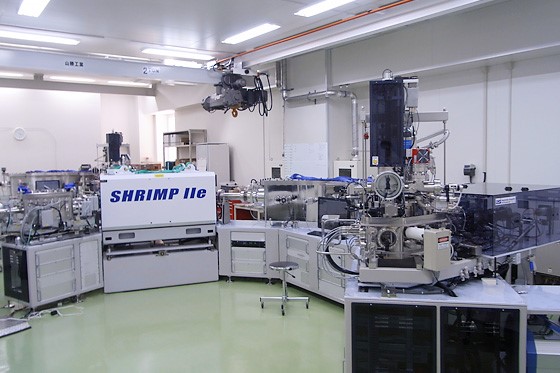Filter results
Blog archive
Author archive
-

Mass spec… complexified!
I’m currently in the process of configuring a car to lease, and I am struck by how complicated the configurations for cars have become. I realise that this is a proper case of “first world problems” and I should be thankful I can afford such luxuries, but it really does seem as if in recent
-

Conference freebies – gift or gimmick?
A few months back I wrote about life as an exhibitor at mass spectrometry-related conference and trade shows. I mentioned in passing about the visitors to the exhibition stand that are there primarily to take any free promotional objects (A.K.A. freebies, swag etc.). The various companies I have worked for have taken quite different attitudes
-

Uncommon isotope ratio applications
This latest blog is being planned as I travel to China. During this trip I’m going to be talking to several groups of scientists who are using (or want to use) stable isotope MS instruments (also known as IRMS) for the measurement of noble gas isotope ratios. Hold on a minute, I hear you say,
-

Who doesn’t hate airports?
I’m writing the first words of this blog at Manchester Airport before an international trip with work. Planning this trip triggered the idea for this blog; how business travel has changed and the lessons I have learned over the intervening years. I have the kind of personality that could be politely referred to as “detail
-

Why is training so hard?
In my last blog post I briefly mentioned my training experiences and thought that this might make for a blog all on its own. For clarity, I spent three years working in a sales training role, although my job title at the time was the somewhat ambiguous “Instructional Designer”. In this role I was responsible
-

How do you sell an isotope ratio mass spec?
Some years ago, I had a role in the sales training department of a large scientific instrument company. My job was to help train the sales team to be able to effectively sell the products and solutions we had on offer. The thrust of the training was typically to focus on the benefit to the
-

Inorganic mass spec – the outliers
Regular readers of this blog know that much of my working life has been spent with inorganic mass spectrometers, from quadrupole and multicollector ICP-MS to stable isotope MS and through to TIMS and noble gas MS. That covers most of the “common” inorganic MS, if we can ever call them that, but what about the
-

Who would be a conference exhibitor?
We’re in conference season at the moment, with several of the biggest geochemistry conferences taking place in the second half of the year. That got me thinking about what life is like as an exhibitor. I began my career as an academic, and when I attended conferences, I mostly saw the exhibitors as an opportunity
-

Help! My Mass Spec Needs Fixing!
I’ve worked with mass spectrometers for most of my career, in a wide variety of roles. Recently I’ve been hearing an increasing amount about customer service, or in some cases the lack of it, so I thought I’d take a look at what is changing, and how contemporary companies in our sector have changed to
-

The challenges of life as a lab manager
During my career in isotope ratio mass spectrometry, I’ve had the pleasure of interacting with lab managers in multiple labs and in a number of countries. I feel that their role, whilst highly valued by many scientists and researchers, doesn’t get much visibility, hence they are the subject of today’s blog. I should point out










